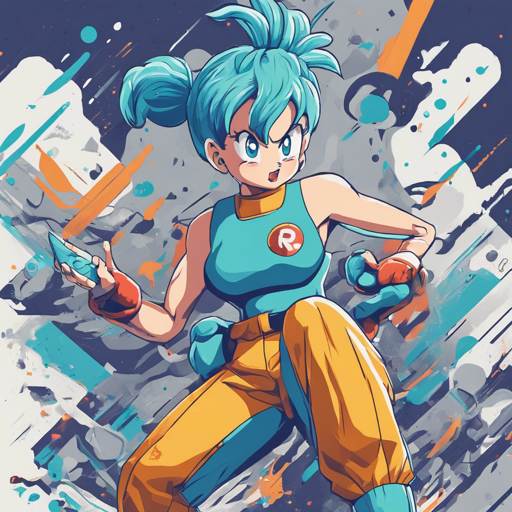If you’re delving into the world of React and fancy creating stunning interfaces without the hassle of building all the components from scratch, then look no further! In this guide, we will walk you through installing and using re-bulma, a collection of Bulma components tailored for React. Let’s jump in!
Installation
First things first, you need to get re-bulma installed in your project. Here’s a step-by-step guide to get you started:
npm i -S re-bulmaSetup CSS
Now that you have the library set up, you need to import the relevant CSS into your JavaScript files. This step ensures that the components display correctly. Here’s how to do it:
import insertCss from 'insert-css';
import css from 'path to yours or rebulma/build/css';
try {
if (typeof document !== undefined && document !== null) {
insertCss(css, { prepend: true });
}
} catch (e) {
console.error(e);
}Customizing the Styles
If you wish to tweak the styles provided by re-bulma, follow these steps:
- Install the required packages:
npm install clean-css@3.4.18 --save-dev
npm install https://github.com/bokuweb/css-js.git --save-dev
npm install lodash.camelcase --save-devshell: {
buildReBulma: {
command: 'node node_modules/re-bulma/scripts/transform.js .re-bulma-variables.properties node_modules/re-bulma/src/styles build'
}
}Make sure to include this task in the default grunt register task: grunt.registerTask('default', ['buildReBulma']);
re-bulma-variables.properties file to define your custom settings, referring to the default properties for guidance.Development Server
To run and test your components effectively, you can start a style guide server like this:
npm start // Starts the style guide server
npm run styleguide-server // To build stylesIf you modify the source styles, don’t forget to rebuild them:
npm run build:styleAvailable Components
With re-bulma, you have a variety of components at your disposal, including:
Grid
- Columns
- Tile
Elements
- Box
- Button
- Content
- Form
- Icon
- Image
- Notification
- Progress
- Table
- Tag
- Titles
Components
- Card
- Level
- Media object
- Menu
- Message
- Modal
- Nav
- Pagination
- Panel
- Tabs
Layout
- Container
- Hero
- Section
- Footer
Troubleshooting
If you face issues during installation or usage, here are some troubleshooting tips:
- Ensure you are using the correct paths in your imports.
- Double-check that all dependencies were installed without errors.
- Look at your console for any error messages that might provide more insight.
- If you need more assistance, consider checking the documentation at re-bulma documentation.
For more insights, updates, or to collaborate on AI development projects, stay connected with fxis.ai.
At fxis.ai, we believe that such advancements are crucial for the future of AI, as they enable more comprehensive and effective solutions. Our team is continually exploring new methodologies to push the envelope in artificial intelligence, ensuring that our clients benefit from the latest technological innovations.
Conclusion
Using re-bulma can significantly streamline your development process by providing a variety of ready-to-use components. Just like having a toolbox filled with various tools; with re-bulma, all you need to do is reach for the tool (or component) you need and get to work building your stunning React applications.

